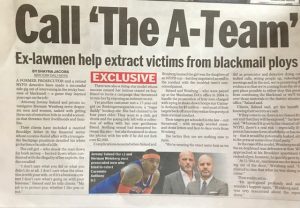Sometimes, if not routinely, a common sense or every day definition does not comport with those found in the New York Penal Law. Whether statutorily defined or established pursuant to legal precedent and decisions, what may seem clear to you may actually be quite different in a court of law. As your criminal lawyer can easily explain, in the eyes of the New York Penal Law, a loaded firearm does not require a bullet in the chamber, magazine, clip or, for that matter, physically in the gun at all. Instead, according to the law practiced in New York State criminal courts involving crimes such as Criminal Possession of a Weapon in the Second Degree, New York Penal Law 265.03, a loaded firearm is one that is capable of being loaded, for example, with bullets or ammunition in the same case. Despite what a layperson may think, the law treats these types of “loaded” pistols, revolvers, and other firearms the same. In fact, while a loaded firearm can violate PL 265.03, an unloaded firearm is a distinct crime of Criminal Possession of a Firearm, New York Penal Law 265.01-b(1), carrying a significantly lesser potential sentence upon conviction.
Keeping this common sense-criminal code dichotomy in mind, what about operability? Does it matter in the eyes of the criminal law – and the prosecuting District Attorney – whether your gun can fire or discharge a bullet? Simply, is operability a mandatory element of any firearm crime found in New York Penal Law Article 265?
 New York Criminal Lawyer Blog
New York Criminal Lawyer Blog


